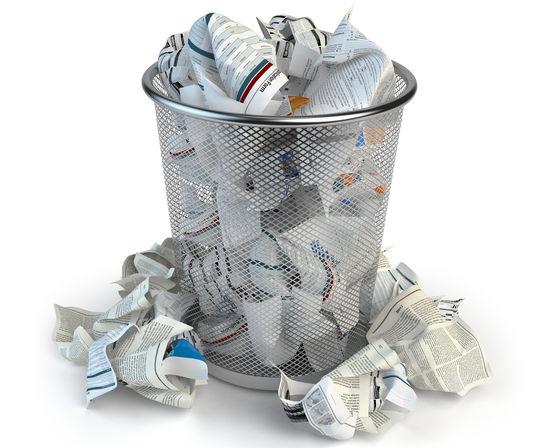What are the two serious problems surrounding scientific research?

The progress of science and technology seems to continue to develop at a dizzying pace year by year, but for a variety of reasons, the scientific community has two major problems that could affect future development. Stuart Buck, vice president of the charity
Escaping science's paradox --Works in Progress
https://worksinprogress.co/issue/escaping-sciences-paradox/
According to Mr. Buck, science has two serious problems: 'reproducibility' and 'innovation.' The problem of reproducibility, which Mr. Buck talks about, is that 'many scientific discoveries are not reproducible, and the same research and experiments may not always result in the same results according to published papers.' The problem of innovation points to 'the problem of reproduction slows the pace of scientific innovation.'
Reproducibility has been regarded as a problem in various research fields, and in a 2015 survey conducted by the general academic journal Nature on 1576 researchers, 'Reproduce experiments published by scientists other than yourself. More than 70% of the researchers said that they had failed, and more than 50% of the researchers said that they had failed to reproduce the experiment they had done. It has been.
The 'reproducibility' of science is at stake-GIGAZINE

by Carlos Henrique
In addition, some pharmaceutical companies reported that more than 80% of experiments published in trusted journals were irreproducible. In addition, the ' Reproducibility Project in Psychology ' conducted by more than 200 psychology laboratories around the world worked on the reproduction of about 100 research papers published in psychology journals, but about 40%. It was only possible to reproduce it reliably. It is said that some studies were unreliable and suggested the possibility of fraud.
Science and technology innovation is also a problem for many researchers, with Patrick Collison, founder of online payment service Stripe , and physicist Michael Nielsen, 'investing in science over the last 100 years. The amount of time and money you spend has increased significantly, but the frequency of significant breakthroughs has remained the same and is being produced at a nearly constant rate. Given the $ 1 or efficiency per capita, this is Suggests that science is significantly less efficient, 'he said in a co-authored article .
'Research in important areas of science is highly reproducible and innovative, but in recent years science has become less reproducible and less innovative,' said Buck. Mr. Buck cites the idea that 'data, programming code, etc. should be shared as open source so that other researchers can easily scrutinize and re-experiment' as a way to improve reproducibility. Bach argues that sharing details of research that is not included in the paper will also lead to the discovery of obvious fraud.
Mr. Bach also stated that by establishing a system for pre-registering experiments and research contents, it is possible to intentionally select analyzes and results after the experiment and reduce the intentional exaggeration of the experiment results. I will. The pre-registration system has been implemented in some clinical trials, and a
Bach also points out that recent research results are biased towards positive and stimulating ones. 'Drugs that cure cancer are more stimulating than those that don't. Studies to improve marital well-being are better than studies on misery. This is because we prefer high-calorie foods. It's reminiscent of the same trend, but just as the bias towards high-calorie foods is ruining our diet, the bias towards positive research results distorts the whole science. 'Mr. Buck said.

In fact, a study conducted by the Institute for Science, Technology and Innovation at the University of Edinburgh, Scotland, reported that more than 70-90% of the research results published in major research areas were positive. 'Researchers tend to hide their results when they get bad results,' Bach argued. 'In science, there is a trade-off between risk and return, just like in finance. Low-risk research is less rewarding, while high-risk research, such as failure, is more rewarding,' said Buck. I am.
This means that researchers must continue to show that difficult research is successful because of the rewards, because there are systems that are rewarded enough to succeed in the research. Mr. Buck should avoid the tendency of researchers to continue to produce results that seem to show only groundbreaking and predictable success, and even failed studies should disclose and share the results for future development. Claimed. 'At this rate, less innovative science will continue to be explained with flashy, irreproducible claims,' Buck pointed out.
“Improving reproducibility and innovation is not an easy task. Policy and funding systems in science should also require disclosure of useless research results. Funding for efforts that are not supported by others. By providing research results that show both success and failure at the same time, research that gains more value from the billions of dollars that society as a whole spends on science each year. Will be able to do it, 'Commented Buck.
Related Posts:
in Science, Posted by darkhorse_log







